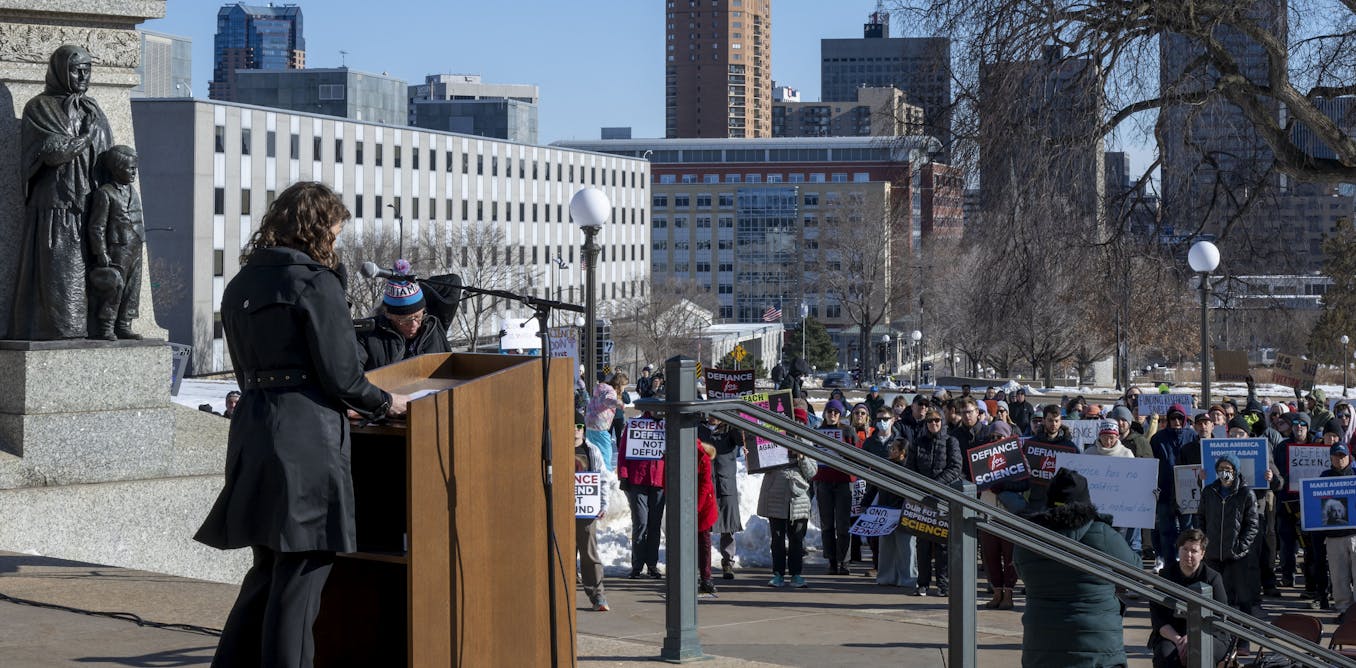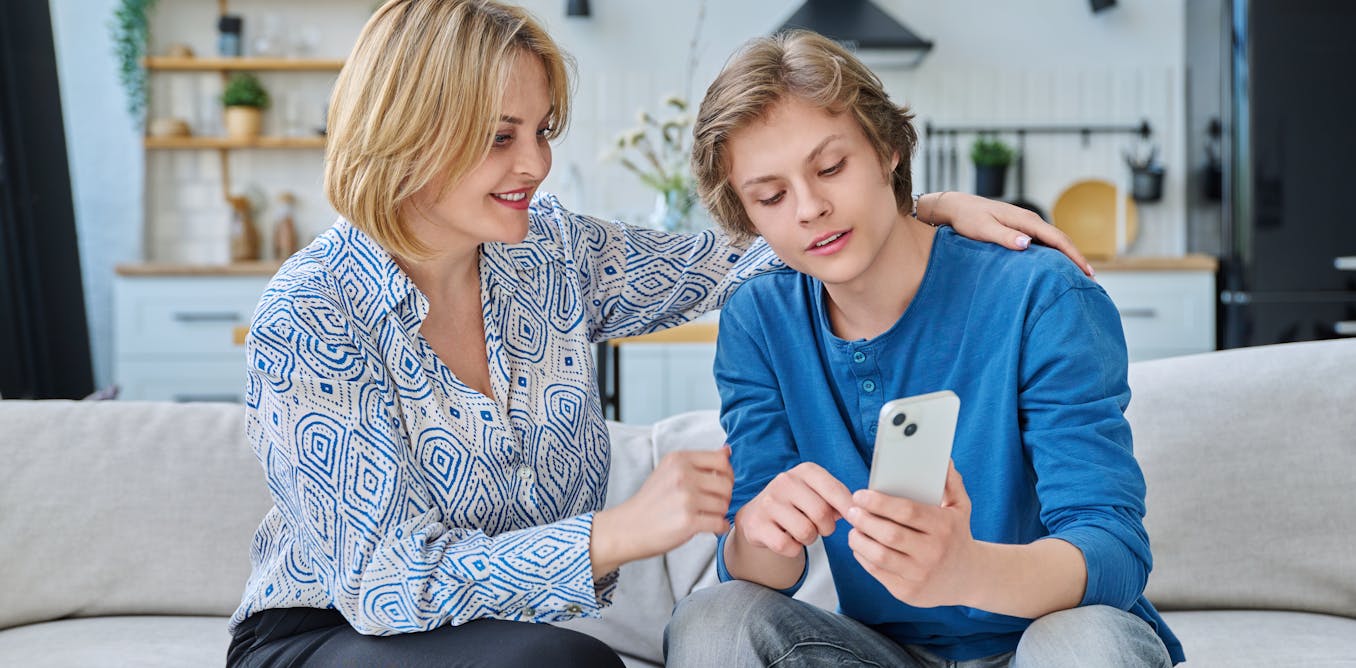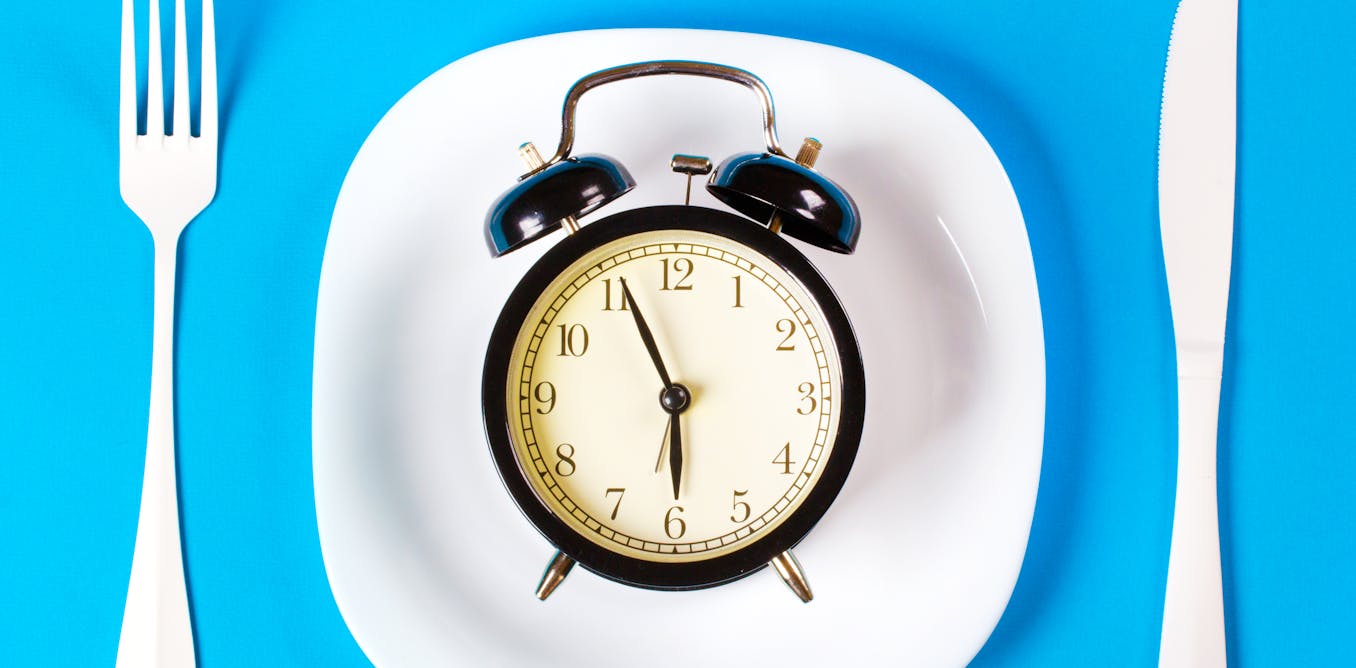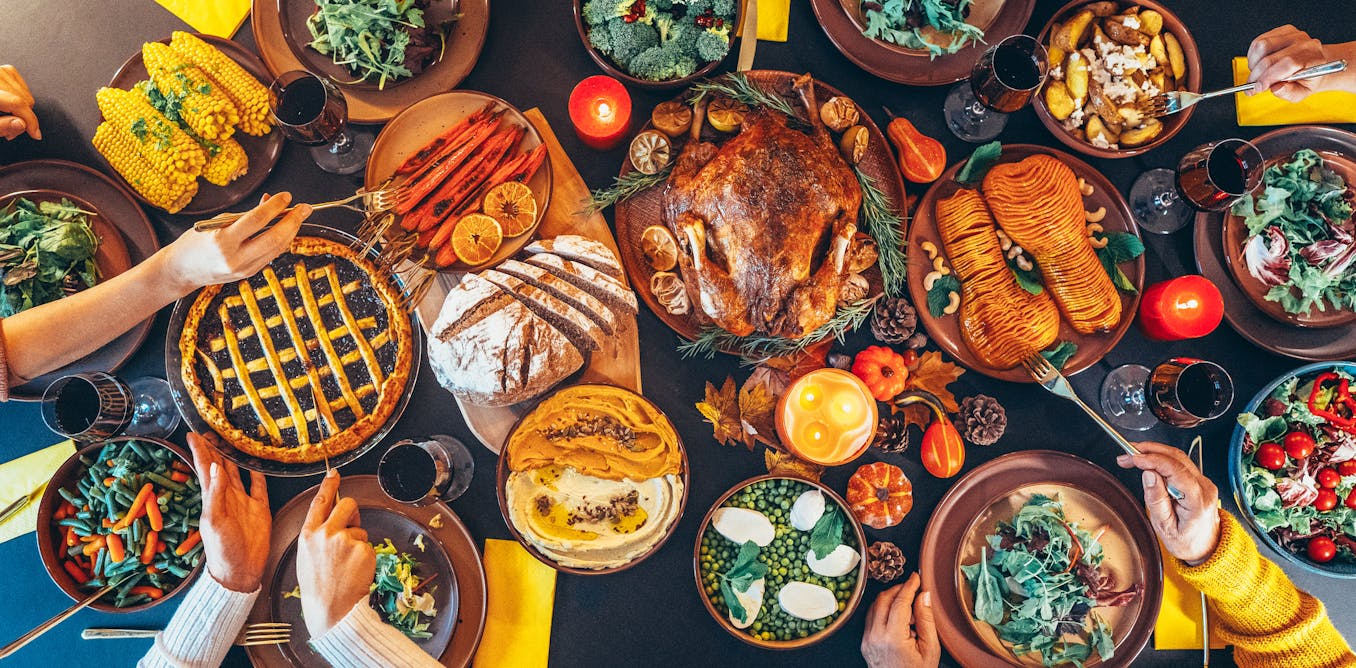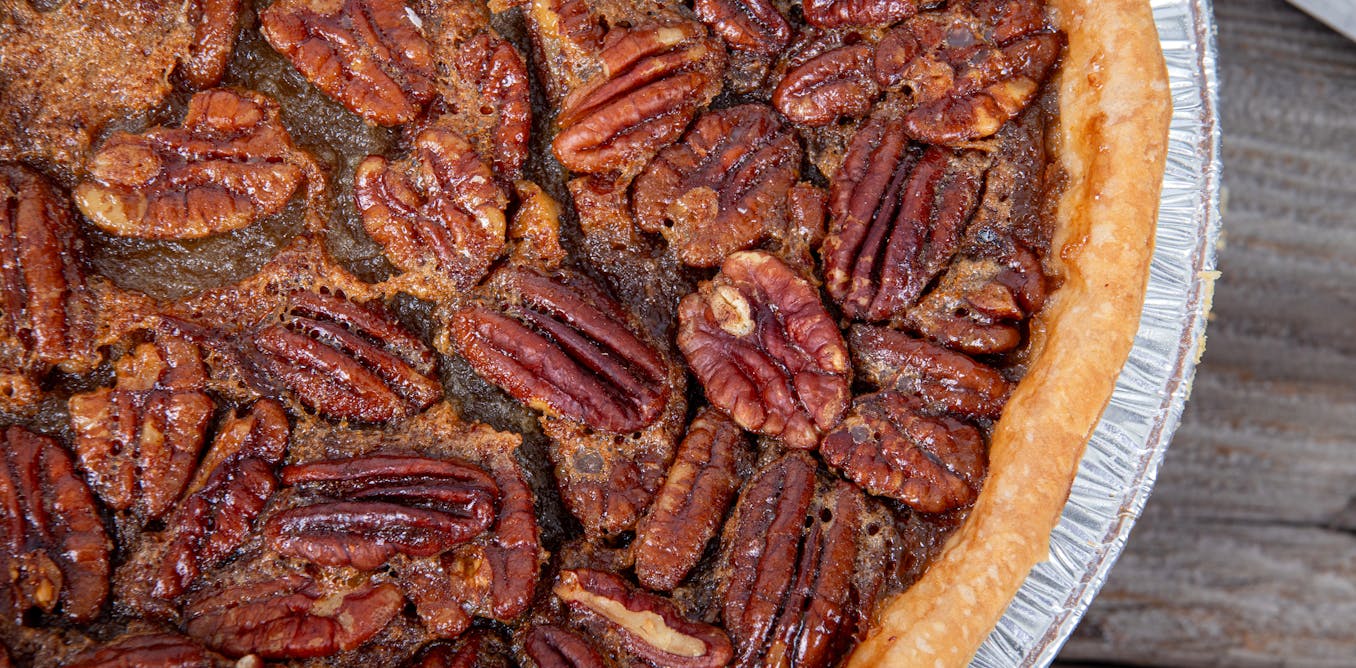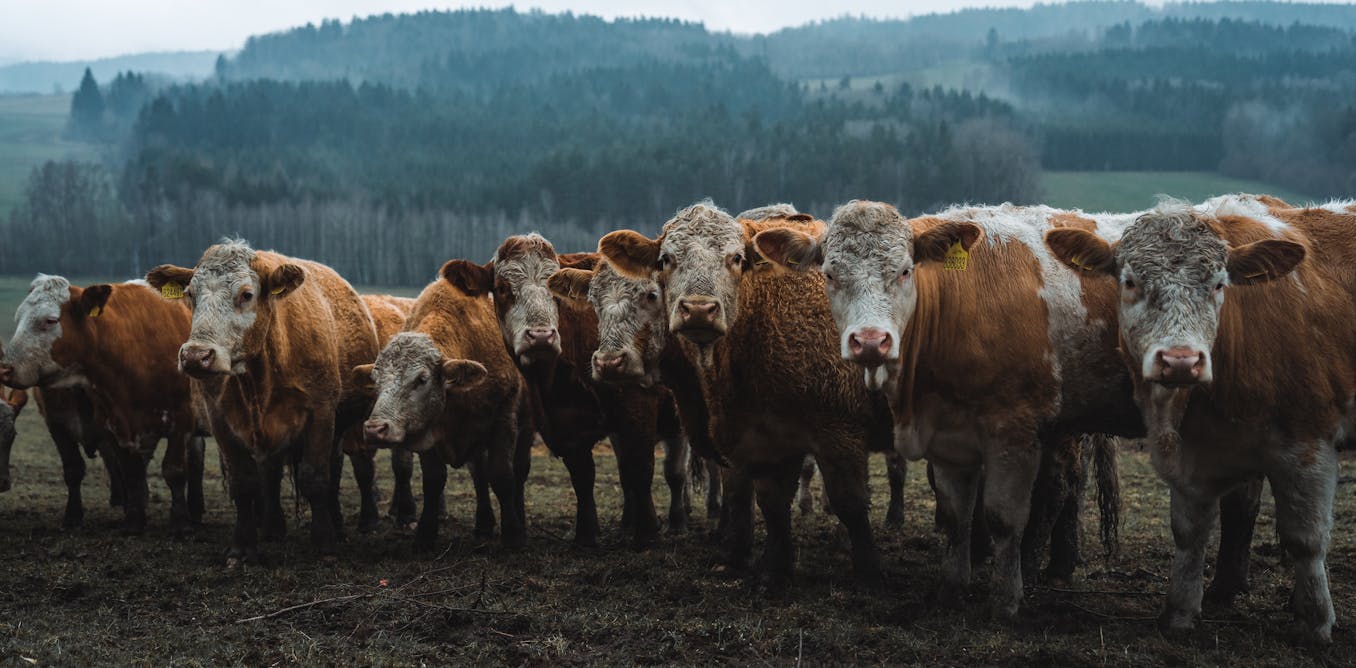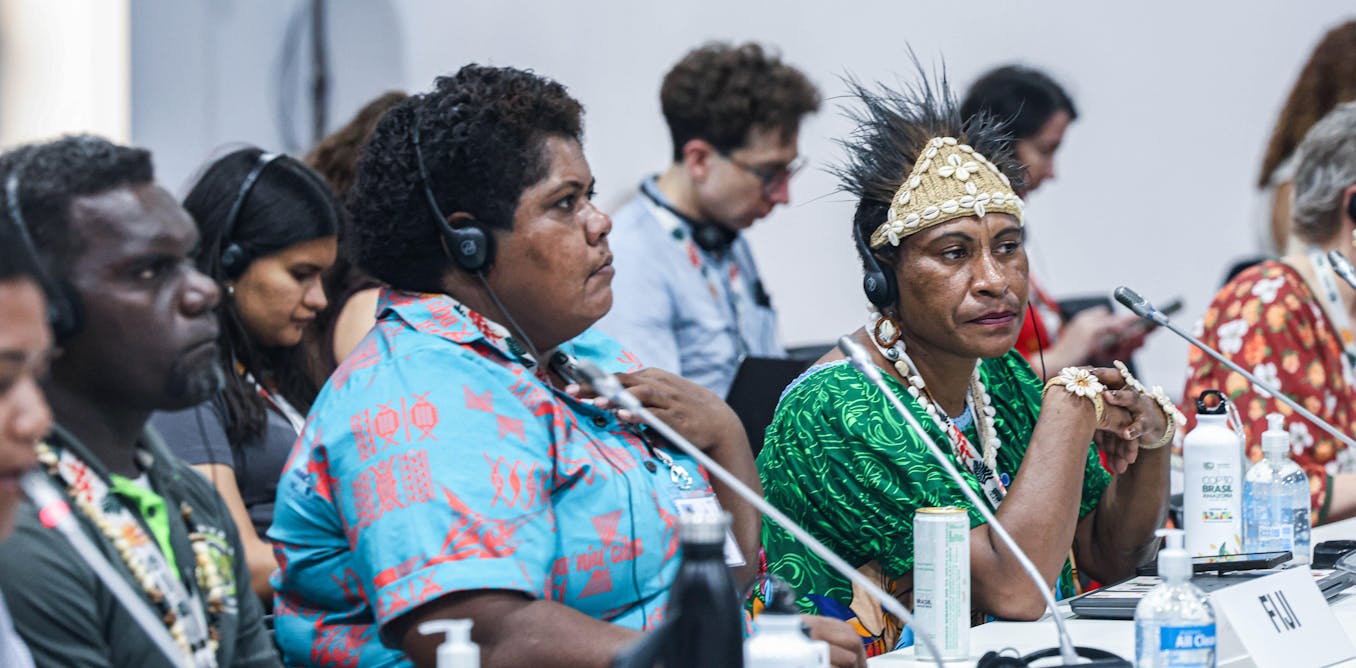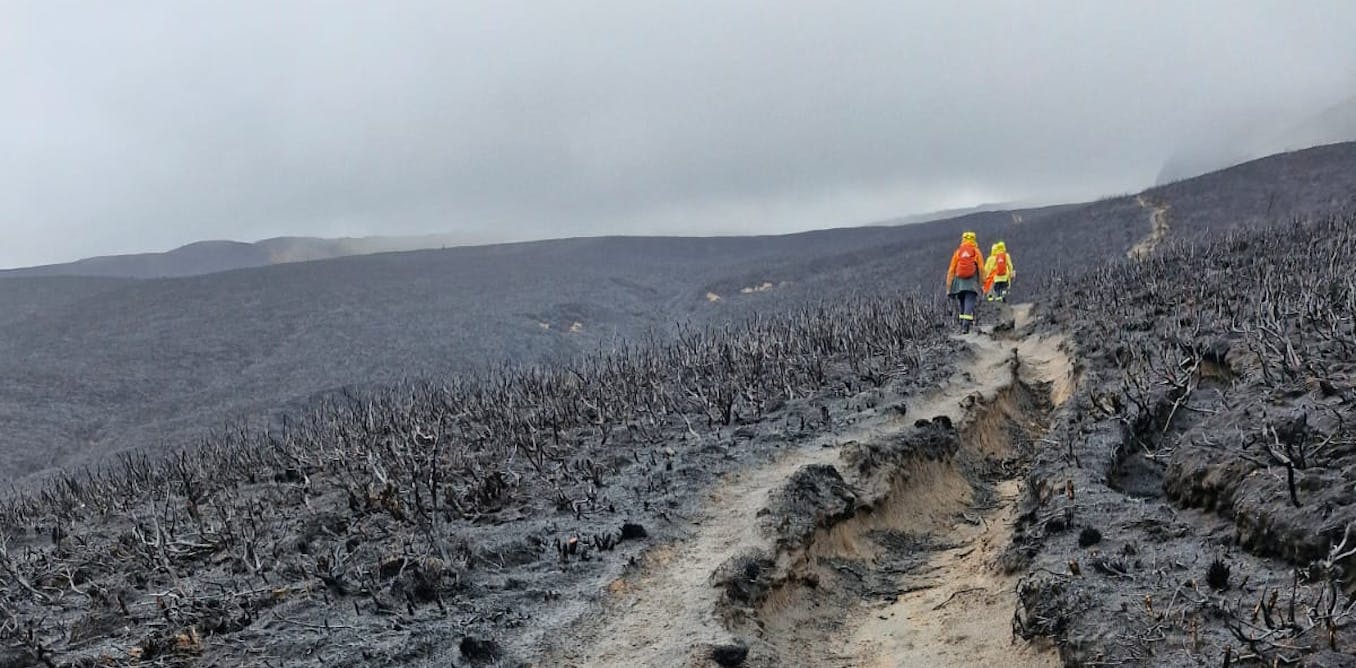Your Creative Superpowers Can Help Protect Democracy | Sofia Ongele | TED
Your Creative Superpowers Can Help Protect Democracy | Sofia Ongele | TED: Summary
In her TED talk, Sofia Ongele, a survivor of a school shooting at Saugus High School in Santa Clarita, California, shares her personal experiences and how she harnessed her creative skills to protect democracy. Reflecting on the tragic event that occurred in her hometown, Ongele discusses the power of creativity in influencing change and safeguarding democratic values.
She highlights the conventional understanding of participating in democracy, emphasizing the need for innovation and imaginative approaches. Ongele emphasizes that everyone, regardless of age, status, or resources, can contribute to democracy in meaningful ways. She stresses the importance of using one’s unique skills and platforms to effect change, citing her experience with coding and social media as sources of influence.
Ongele provides examples of how she used her creative skills to mobilize people and challenge unjust systems, such as creating a tool for community members to send public comments to city officials and developing a humorous method to dismantle a controversial tipline in Virginia. Her successes demonstrate the impact of collective action fueled by creativity and determination.
Ultimately, Ongele encourages individuals to embrace their creative superpowers and find unique ways to engage with democracy, whether through writing, music, activism, or other forms of expression. She inspires listeners to recognize their potential as agents of change and emphasizes the transformative power of creativity in safeguarding democracy.
Watch the video by TED
Four years ago yesterday, there was a shooting at my younger sister Jenny’s high school, Saugus High School in Santa Clarita, California. Jenny was lucky enough to see kids running when she was about to be dropped off by her carpool, so she stayed safe, but all of her friends were placed on lockdown.
Kids I’ve watched grow up and have known for as long as I can remember. In the hours that followed, parents waited at my city’s Central Park to reunite with their kids as students were released building by building, escorted by police and SWAT teams to the park.
Three days later, there was a vigil at that same Central Park to honor Gracie Muehlberger and Dominic Blackwell, whose parents laid them to rest at the tender ages of 15 and 14. It was the largest gathering in my city’s history. Despite the divisions in my hometown,
We stood at peace with one another that night, yearning for a better future. This very American tragedy that we have had to witness time and time again speaks to a larger issue about democracy. Like many people in the face of tragedy, I wanted to do something.
And to do something, to truly participate in democracy, we have to acknowledge that injustice is cyclical and that any fight of a neighbor is the fight of our own. But how do we, wherever we may be, with whatever tools we have, fight that fight? I’ve realized over the course of growing up
That what we largely consider to be participating in democracy is honestly kind of narrow and unimaginative. We’re taught that we can vote and run for office, which are both important, but what about those of us who can’t because of our age, our immigration status, our class,
Not to mention the countless others facing disenfranchisement through voter suppression. The truth is, any of us, of any age, living in some semblance of a democracy or striving towards it, possess the tools to have a voice in our governments and communities.
It’s just a matter of learning how to have agency with those tools. For me, that’s been coding and social media. It’s unconventional, but I found the most success in having an influence by using whatever’s in front of me, really tuning in to my networks and communities, meeting people where they’re at
And centering joy and fun wherever I can. And it works. Let me explain. In the case of this school shooting, the parents of Gracie Muehlberger and Dominic Blackwell began a push to have the two of them memorialized at the entrance of our Central Park.
To me and much of my community, this memorial was a no-brainer. To others, it was “grandiose and highly inappropriate.” That’s a direct quote, by the way. And a number of local officials agreed with them. But that cannot and should not nullify the needs and the wants of the greater community.
So Gracie and Dominic’s parents, determined to properly memorialize their children, created a petition and organized efforts to push our city council to approve the memorial. The petition got over 10,000 signatures and people emailed the city in masses. Eventually, they approved, and we all thought we were done. But, as it turns out,
The land that Central Park is on is owned by the Santa Clarita Water Board. So they have the final say. And a committee created to advise on that decision penned a seven-page paper on why they should actually reject the memorial.
And we didn’t even know about this or know this was still up for debate until the day they were supposed to vote on it. I was so unbelievably angry. How is it that the community can come together, organize and finally get a win
Just for it to be rendered fruitless by a vocal minority with fancy titles? I wasn’t having it, but I still felt powerless. I wasn’t on the committee. I wasn’t an elected official. I couldn’t even tell you what a water board did. But, like I said, I had these two sources of power:
Coding and social media. You may be thinking, “Girl, like, OK.” But follow me here, follow me here. I learned to code when I was 15 at a Kode With Klossy summer program, where I learned that I could apply that skill to anything and everything. And on the content side of things, I got bored during the pandemic and loved giving my unsolicited opinion
And yelling on the internet, so I got a pretty sizable following on TikTok and joined the organization Gen-Z for Change, and posting content to mobilize my generation to vote in the 2020 election. So I knew that with these two powers I held, I could do something.
I could make something real in the three or so hours I had. So I got to work. I found an email address where people could send public comments on agenda items and coded a tool where people could just put in their name, affiliation, anything else they wanted to send,
And a randomly generated email would be created. All they had to do was push “send.” I finished it like 15 minutes before the deadline, it was one of the ugliest websites I had ever made. I posted it to Instagram, Twitter, TikTok — I had around 150,000 followers at the time. I sent it to my family. My sister sent it to her friends who sent to their friends, and then I held my breath. A few hours later, the water board voted 9 to 3 to approve the memorial,
And I felt at ease. It wasn’t until a few months later, though, that I learned that out of the 63 comments submitted, 56, the vast majority, were sent using the tool that I had coded. Which is so insane because there was so little time people were able to use it in the first place. This success was a testament to the fact that so often people want to speak out. They want to do something but don’t know how or get discouraged in the face of bureaucracy.
Making it a little bit easier for folks needs to be a core value for all of us. In another instance, Virginia Governor Glenn Youngkin created a tipline to report critical race theory being taught in schools. I had a problem with that. So I wanted there to be an easy, fun, community-oriented way
To get this tipline taken down as soon as possible. So I coded a tool that allowed people to send song lyrics and lines from The Bee Movie to the tipline. Essentially, it takes the name of a real school, a real city in Virginia, and spits out a very ridiculous report. For example, “I have reason to believe Thomas Jefferson High School is teaching race. I overheard a teacher saying, ‘Shawty had them apple bottom jeans (jeans).'” Yeah, it’s silly, it’s goofy. It’s just as unserious as the creation of a teacher-reporting tipline itself, which is exactly what draws people to this kind of action. Democracy is just more fun and inviting when you take it into your own hands. After I finished the website,
I sent it to my friends at Gen-Z for Change. We all posted videos. Thousands of emails were sent from every state in the country and virtually every continent, and we had emails bouncing within 48 hours. Months later, the tipline was quietly officially shut down. Didn’t even last a year.
Because of the skills of a few, the platforms of many and the will of hundreds of thousands of meddling kids unified in our intolerance of injustice, we were far more powerful than a couple people in official positions of power. Now, I’m not asking y’all to drop everything and learn how to code,
Even though I definitely think you should. Coding is part of my power, right? But power manifests differently to different people. If you have a pen, write something. If you have an instrument, play something. If you have the anger of a thousand suns and disposable income, open your purse. And if you have social media and a smartphone — I know that y’all do, so don’t try me — tell a story, and let it spread like wildfire. And while it’s true that a subset of people use their skills for hateful, nefarious, less-than-democratic purposes, the sheer existence of this subset
Requires that we think of more innovative and creative ways to ensure that the voices of the masses are genuinely heard and accounted for. Now, every time I’m home and I walk by Central Park, and see the new signage, I’m reminded of the power, our anguish, our joy, our stories, and our unity holds.
We were able to change my community forever and for the better, all by causing a ruckus on the internet. The stability of democracy internationally requires that we use whatever skills and resources we have to combat hate, bring movements to life and stand united in solidarity with one another
On every corner of the globe. Justice can’t wait, so take what’s in front of you, get really creative and cause a ruckus.
About TED
The TED Talks channel features the best talks and performances from the TED Conference, where the world’s leading thinkers and doers give the talk of their lives in 18 minutes (or less). Look for talks on Technology, Entertainment and Design — plus science, business, global issues, the arts and more. You’re welcome to link to or embed these videos, forward them to others and share these ideas with people you know.
Video “Your Creative Superpowers Can Help Protect Democracy | Sofia Ongele | TED” was uploaded on 01/24/2024 to Youtube Channel TED




